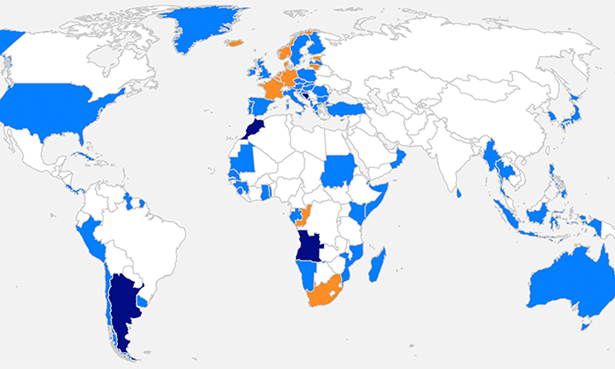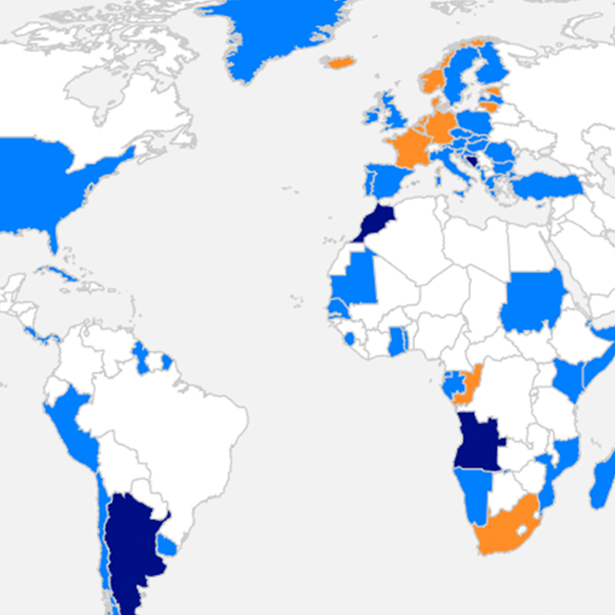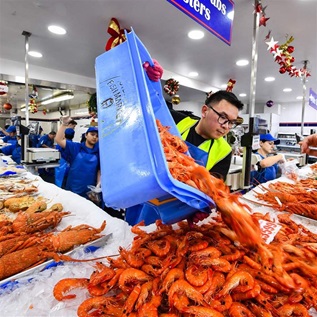Croatia's Big Step on Vessel Safety Could Also Help Stem Illegal Fishing
Now other EU States should honor commitment to ratify Cape Town Agreement without delay
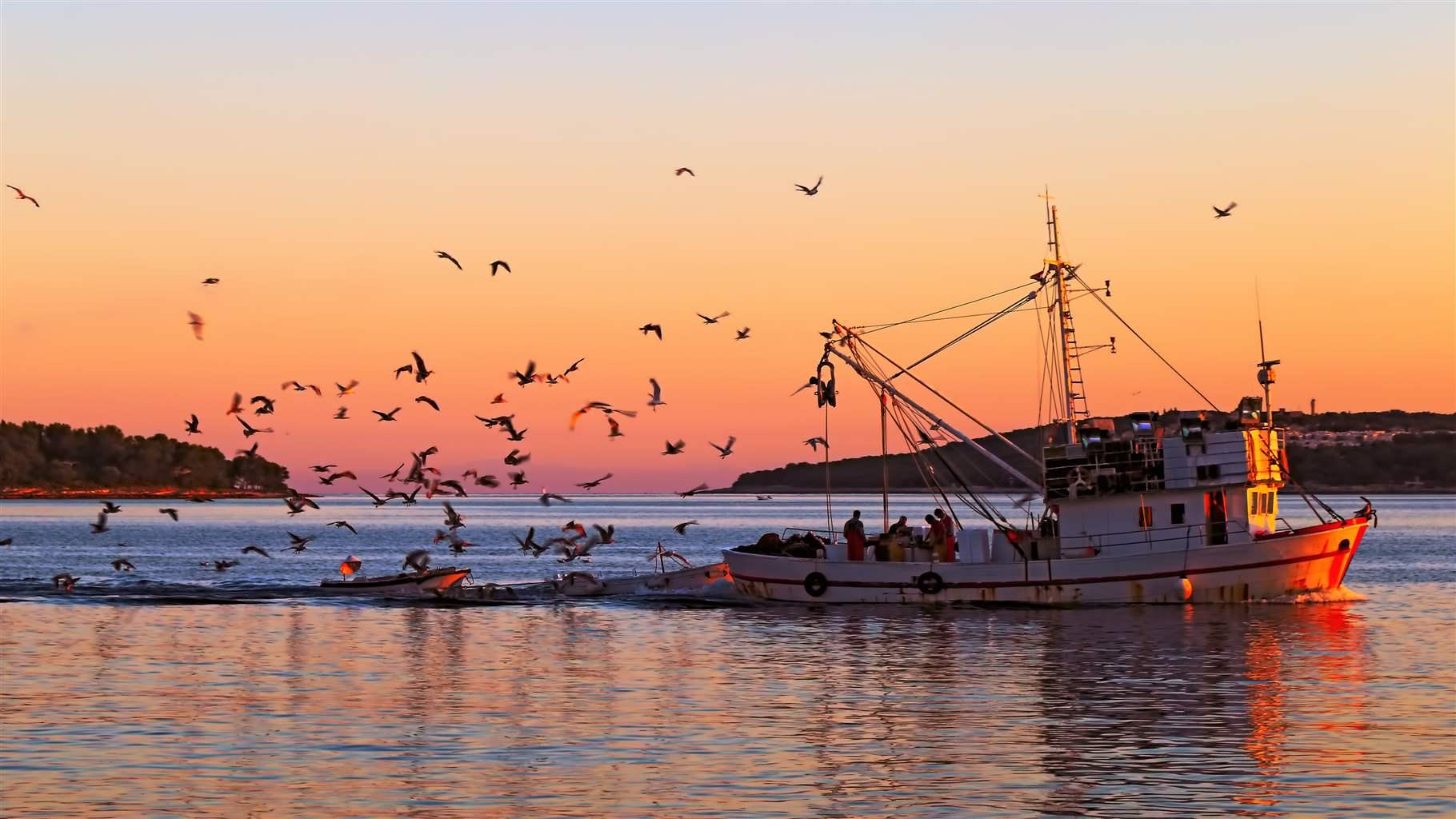
Commercial fishing remains one of the most dangerous professions in the world. Improving safety and working conditions of crews and fisheries observers onboard fishing vessels should be a priority not only to protect these workers, but also to help end illegal, unreported and unregulated (IUU) fishing through increased transparency and oversight.
So it is good news indeed that, on Feb. 18, Croatia became the latest country to announce its ratification of the Cape Town Agreement (CTA), a landmark International Maritime Organization (IMO) treaty that requires enhanced fishing vessel safety. Croatia is the 15th party to the agreement, and the seventh European country to join the accord. The CTA will enter into force once it has 22 parties with at least 3,600 eligible vessels among them.
Croatia was one of 51 countries that signed the 2019 Torremolinos Declaration, which committed signatories to ratification of the CTA by 2022, the 10th anniversary of its adoption by the IMO. Since then, Croatia has taken a leadership role in getting countries—namely Bulgaria, Poland, and Portugal—to sign the declaration. Now the 37 remaining signatories of the declaration, not Parties to the CTA, should actively work towards ratification.
Over the past three years, momentum toward CTA ratification has been growing. The international community is increasingly recognizing that holding vessel owners to acceptable working and safety standards will help reduce IUU fishing. This is because owners who knowingly fish illegally are more prone to cut other corners in their operations and less likely to provide adequate training, labor conditions, or safety equipment to crew. Further, fishers onboard many of these poorly run boats—who are often more easily exploited migrant workers—are less likely to report violations of any nature.
The CTA establishes minimum requirements for vessel design, construction, and equipment, including safety equipment for ships of 24 meters in length and over. In addition to routine inspections, the treaty also requires regular hull inspections and surveys by the flag State or a delegated authority.
Increased safety standards will benefit flag and port States, along with law-abiding vessel operators. For flag States, regular vessel inspections will improve transparency and—as long as officials hold ship owners accountable—better protect fishers at sea. Harmonized standards on design, construction, and equipment will ensure a level playing field among vessel operators. And in port and coastal States, the CTA can help ensure that IUU-caught fish does not enter the markets and help ensure that vessels operating in their waters and ports are seaworthy and safe.
Under the treaty, authorities will be able to inspect vessels for compliance with fisheries rules and call in safety inspectors if they spot a potential violation in that area, and those inspectors can likewise call in authorities when needed. In addition, foreign-flagged vessels operating within a country's exclusive economic zone must comply with that government's safety requirements. Therefore, applying the rules of the CTA will reduce workplace risks to crew and observers onboard these fleets, and even result in fewer calls to search-and-rescue services, because there will be fewer fishing vessels requiring them.
Next steps towards ratification: EU member States key to entering into force
European Union member States should have a fairly easy time implementing the CTA because many of its provisions are already the law in the EU (per a 1997 European Council Directive). In 2014, the Council also encouraged member States to sign, ratify, and accede to the CTA once they had met the requirements of the 1997 directive. So far, only eight States have done so. In the interests of maritime safety and fair competition, all EU member States should ratify the agreement now.
On Jan. 1, Portugal took over the EU Council presidency and, as a signatory to the Torremolinos Declaration, is in a position to build momentum and persuade other States to ratify the CTA without delay. The EU and its fishing interests have much to gain through ratification and implementation of the treaty. And fishers around the world deserve assurance that, even in an inherently dangerous profession, their safety and well-being is taken seriously by those who have the power to protect them.
Peter Horn is a project director and Tahiana Fajardo Vargas a senior associate with The Pew Charitable Trusts' international fisheries project.


America’s Overdose Crisis
Sign up for our five-email course explaining the overdose crisis in America, the state of treatment access, and ways to improve care
Sign up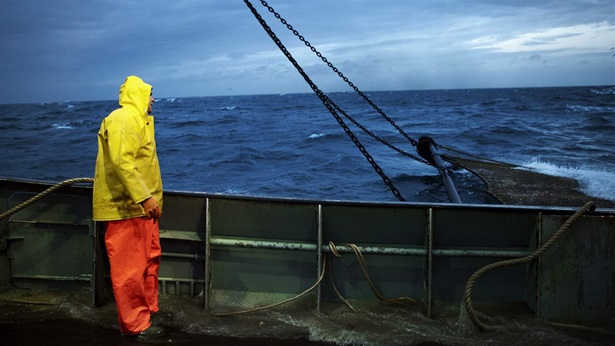
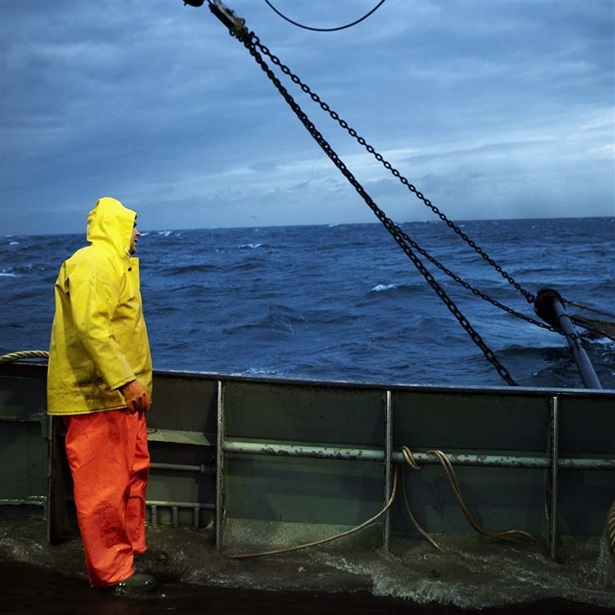
Minimum Safety Standards for Fishing Vessel Crews
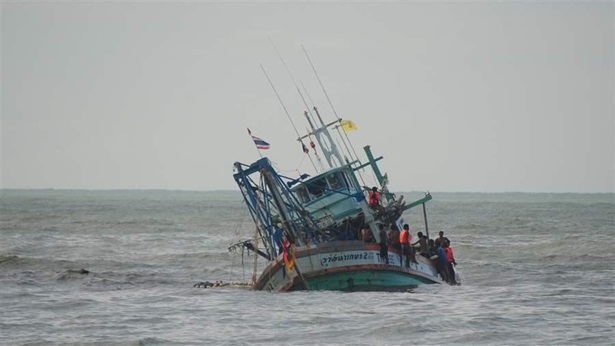
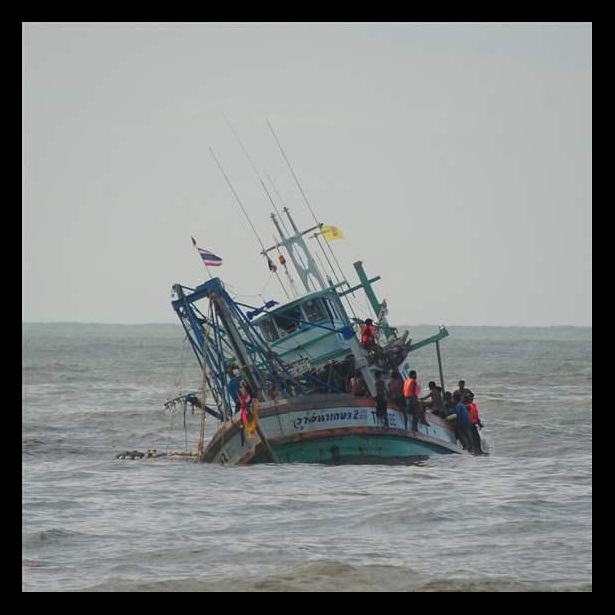
The Cape Town Agreement
